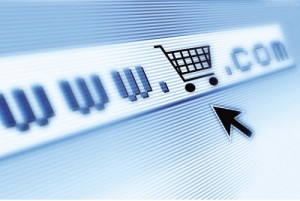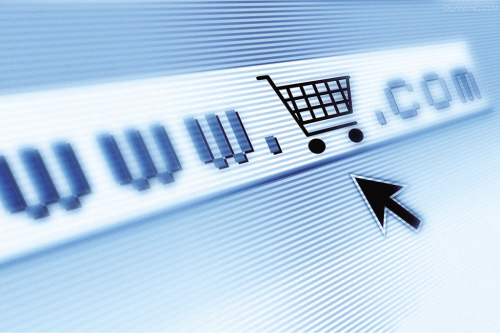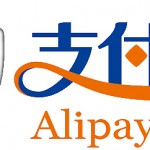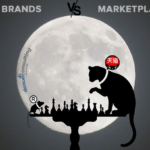How to sell on Tmall
How to sell on Tmall
[see also How to sell on Taobao]Due to rapid growth of Internet users in Chine, whose number already reached more than 500 million, e-commerce market is shrinking every year at spectacular pace and is expected to surpass the US online shopping market by 2015. As a result, a lot of online shopping websites are seeking to build their competitiveness and market share. Our focus today is on How to sell on Tmall.
How Tmall began the market leader for B2C online market in China
Tmall, being the largest representative in the e-commerce market, established a rule stating that an order must be delivered to the consumer within next 72 hours after purchasing. This and many others concepts, which Tmall online shopping is based on, makes it a leader in the e-commerce market. As recent online survey shows, Tmall accounted for 51.3% of market share in Chinese B2C market on Q1 2013 and 50.55% in Q1 2014. According to predictions, based on previous online survey, Chinese online shopping market has currently 193 million shoppers; this number is going to increase to over 350 million by 2015, generating a transaction flow of 2.5 trillion yuan. Tmall attracts Chinese consumers by great diversity of marketplace: it offers not only local Chinese brands, but also worldwide known international companies are represented on the website including P&G, Lipton, Logitech, Adidas, Reebok, Ray-ban, Nokia, Philips, Samsung, Lenovo and many others.
Crucial steps to sell on Tmall

Another important feature of Tmall, crucial when it comes to know how to sell on Tmall, is that it allows anyone, who has good experience and enthusiasm in retail, to trade and earn money. However, this opportunity is available mostly to Chinese people or foreigners with fluent Chinese. This is because the website and all needed documentation and agreements with the website are in Chinese language.
To set up your own store and start to sell on Tmall there are several steps to follow. First of all, entry preparation is required, which includes planning the business, evaluating required resources, potential customers and consumer demand. Another important step is to find potential suppliers, which a seller wishes to represent in a store, and sign contracts. It is allowed to sell one or more brands in one store though the category of product must be the same. It is followed by API integration and other technical issues. The next stage of store opening is signing a contract with Tmall itself and opening Alipay bank account, which will be used for transaction purpose in the future. The next stage is preparing a product for introduction into the market. It is very important that all the appropriate calculations have been made and are taken into account. These include planning pricing model, product categories, building store and product detail page, establishing selling and customer service team. The last but not least important phase is to introduce a new product. This requires a good opening plan, promotion campaign and uploading pages into Tmall.com.
As mentioned before, Chinese market of e-commerce is rapidly growing thus allowing new brands coming into the Chinese market. It opens opportunities for both buyers and sellers, where the first enjoy quick and easy online shopping from home while the second brings new brands into the market and earn money from it. The concept of B2C shopping implies convenient and fast shopping which suit customers’ needs. Sell on Tmall is a great way to take benefit of this opening.
For further reference go to:
http://www.reuters.com/article/2014/06/11/us-inditex-tmall-idUSKBN0EM18H20140611
















